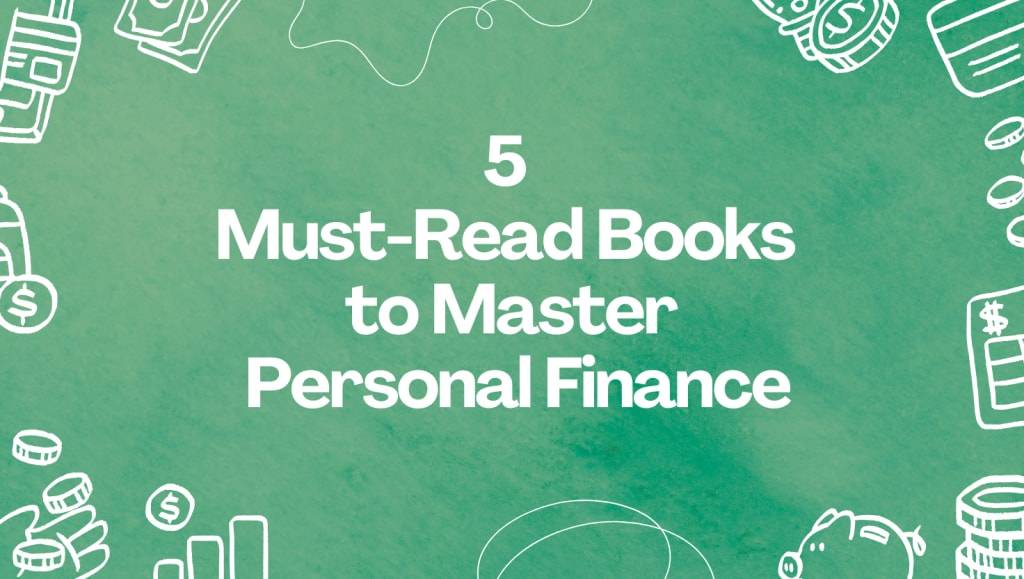Navigating personal finance can be daunting, especially with the plethora of advice and strategies available today. While there is no shortage of information, filtering out what is essential and timeless can be challenging. To assist you on your financial literacy journey, we have curated a list of five must-read finance books that will change how you perceive money. Together, these books provide a comprehensive suite of personal finance tips that are crucial for building a financially secure future.
Section 1: Foundation of Financial Wisdom
When embarking on the quest for financial independence, understanding the basics is crucial. Two foundational personal finance books stand out in this regard.
The first recommendation is “The Total Money Makeover†by Dave Ramsey. Known for its no-nonsense approach, this book emphasizes the importance of living a debt-free life. Ramsey advocates for a practical strategy, which includes budgeting, saving, and the envelope system, to guide readers through tackling debt incrementally. One of the key personal finance tips from this book is the debt snowball method, where you prioritize paying off smaller debts to quickly build momentum.
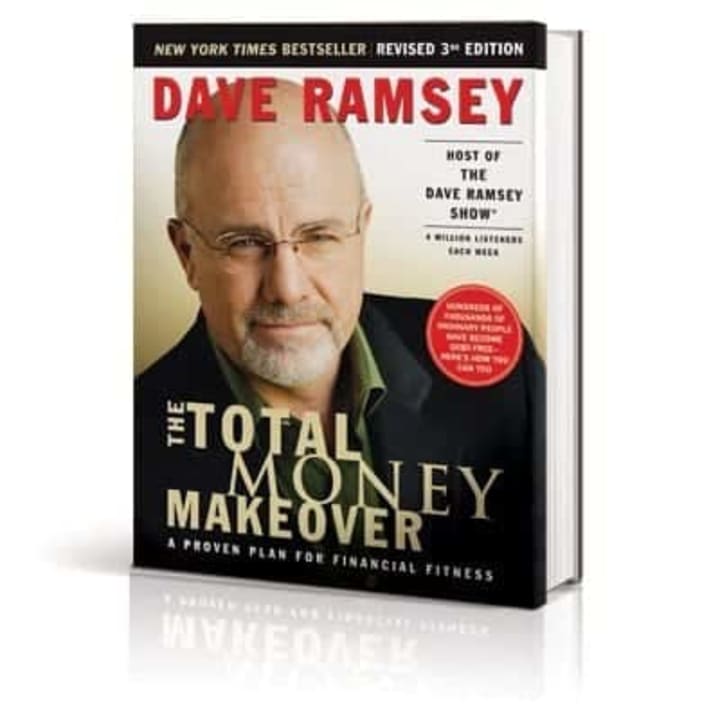
Moreover, Ramsey’s use of real-life testimonies in the book provides readers with relatable content that makes financial goals seem achievable. This book targets those struggling with debt and looking for a straightforward, disciplined plan to obtain financial freedom. It remains a staple in financial literacy, urging readers to reassess their relationship with money.
Next, we have Robert T. Kiyosaki’s “Rich Dad Poor Dad.†Unlike traditional finance book recommendations, Kiyosaki’s storytelling approach distinguishes this book. As the author weaves through anecdotes of his “rich dad†and “poor dad,†readers gain unorthodox yet invaluable insights into the financial habits that distinguish the wealthy from the middle class and poor.
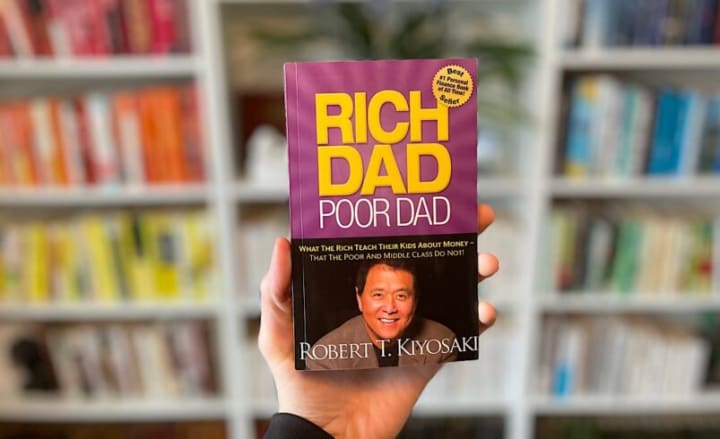
Kiyosaki emphasizes the importance of financial education, and the book advocates building assets instead of accumulating liabilities. With its focus on developing financial independence, Kiyosaki’s work is instrumental in teaching individuals how to think critically about money, investments, and long-term financial goals. This book is an ideal starting point for those newly interested in personal finance, as it challenges conventional money-management wisdom.
Section 2: Strategic Investment Insights
Once the financial foundations are in place, diversifying your knowledge into investment strategies becomes critical. The following must-read finance books delve deeply into the world of investing, providing both beginners and experienced investors with insight.
“The Intelligent Investor†by Benjamin Graham is often hailed as the Bible of value investing. Although first published in 1949, the principles shared remain relevant, capturing long-term investment strategies that transcend economic cycles. The book teaches readers to research and invest based on intrinsic value, avoiding market speculation.
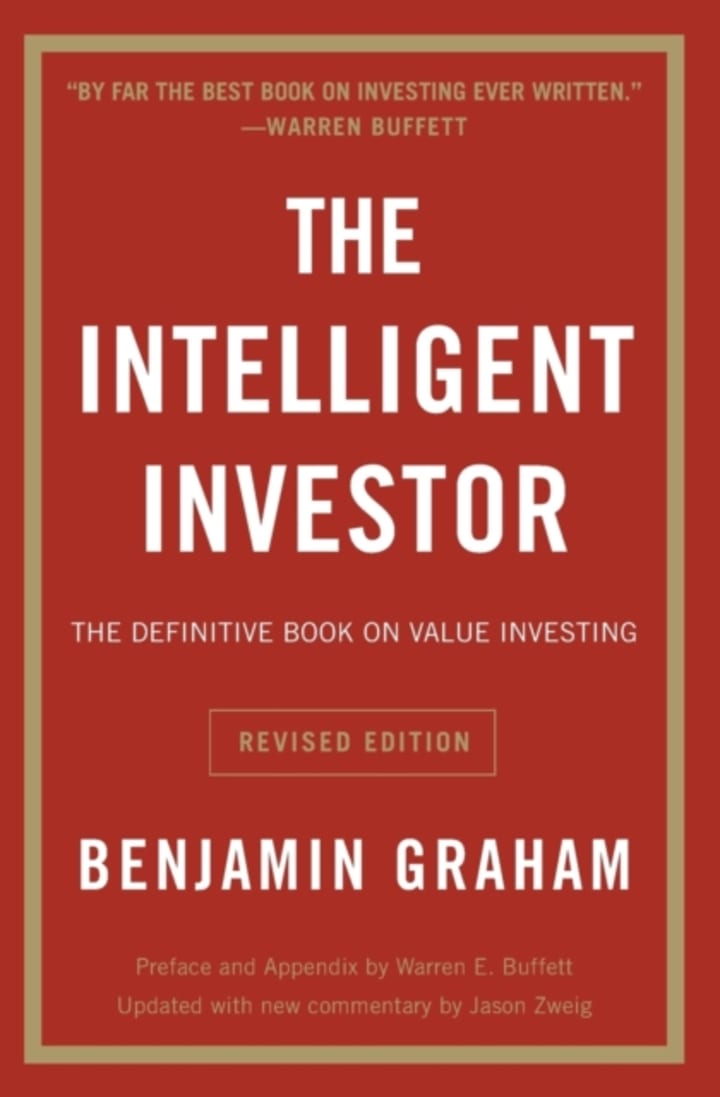
Graham introduces the principle of “Margin of Safety,†advocating for conservative estimates and profiting from irrational price drops in stable stocks. Its teachings are a boon for anyone looking to build a robust investment strategy. Through patience and discipline, readers learn to navigate the stock market with an analytical perspective, contributing to advanced financial literacy.
Additionally, “A Random Walk Down Wall Street†by Burton Malkiel presents the groundbreaking efficient-market theory. Malkiel expresses his belief that stocks move in random patterns and that the market efficiently reflects all information. By emphasizing the futility of predicting short-term market movements, the book underscores the benefits of long-term investing and diversification.
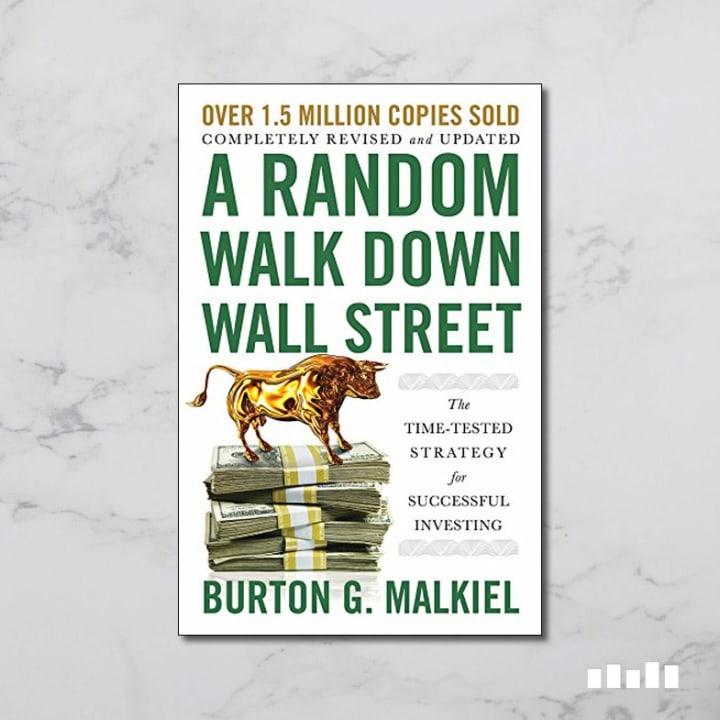
Malkiel’s narrative touches on various investment vehicles, including stocks, bonds, real estate, and even more contemporary options like cryptocurrencies. For those keen on personal finance tips for modern investment, this book provides comprehensive guidance. It equips readers with knowledge to make informed, rational investment decisions instead of succumbing to timing the market or relying on speculative advice.
Section 3: Cultivating a Wealth Mindset
Finance isn’t solely about numbers and strategies; it’s also about cultivating the right mindset. These books will teach readers to develop a wealth-oriented outlook on personal finance.
“The Millionaire Next Door†by Thomas J. Stanley and William D. Danko is essential reading for understanding how millionaires think and behave. Unlike the media’s portrayal of the wealthy living extravagant lives, this book reveals that true wealth is often hidden behind frugality and modesty. It provides empirical research to show that millionaires live within their means, invest prudently, and prioritize saving.
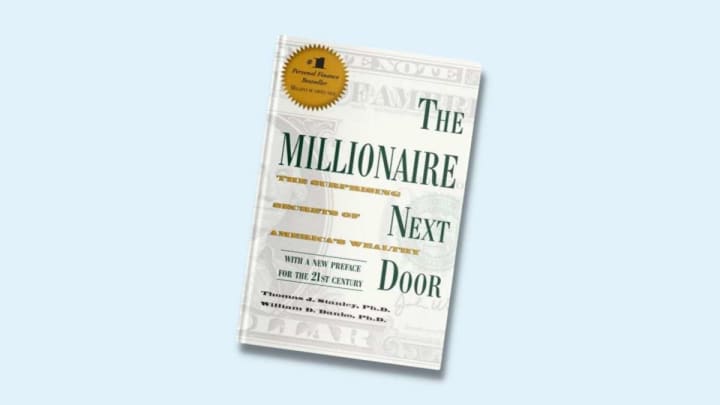
Through “The Millionaire Next Door,†readers discover key financial literacy principles, such as budgeting, planning for future expenses, and avoiding unnecessary debts. This book serves as a profound reminder that wealth accumulation is a gradual process, relying on disciplined, consistent personal finance habits rather than sudden windfalls.
Finally, “Your Money or Your Life†by Vicki Robin and Joe Dominguez introduces readers to the concept of financial independence through mindful spending. The book suggests re-evaluating how you perceive money, offering transformative personal finance tips that align spending habits with personal values.
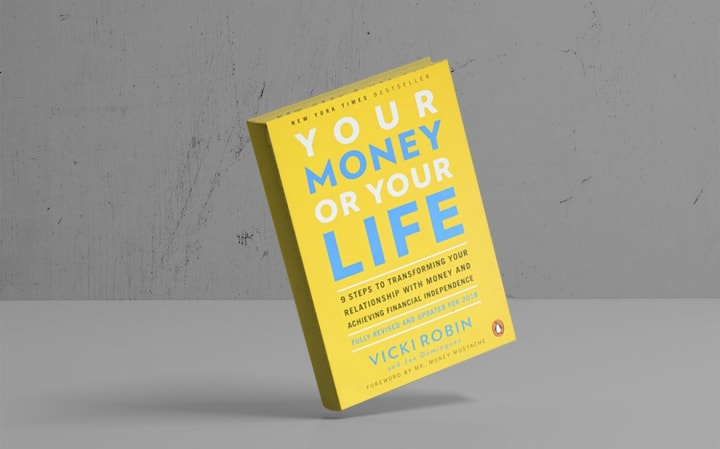
By tracking every cent and converting time into monetary terms, readers are encouraged to understand if their spending genuinely contributes to life satisfaction. This new perspective helps readers shift away from consumerism, fostering habits that contribute to a balanced, fulfilled financial life.
Conclusion
Mastering personal finance requires a blend of strategic planning, smart investing, and the right mindset. These five must-read finance books collectively offer everything from foundational knowledge to advanced strategies, equipping you with essential personal finance tips and insights into financial literacy. Embrace the wisdom offered by these books to embark on a journey toward empowered financial decision-making and long-term prosperity.


